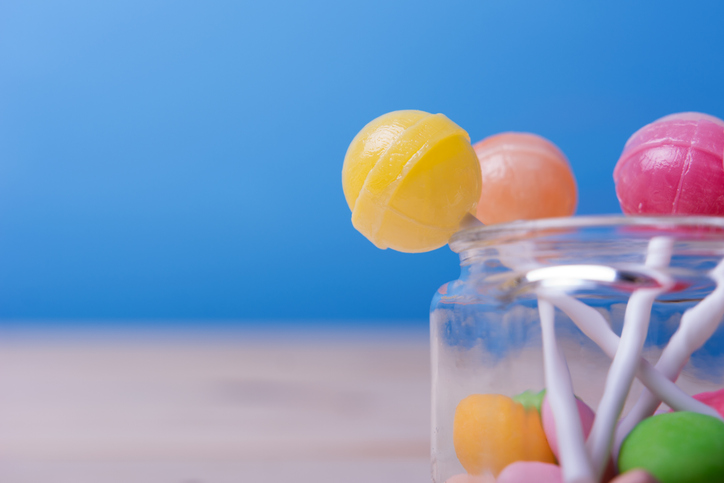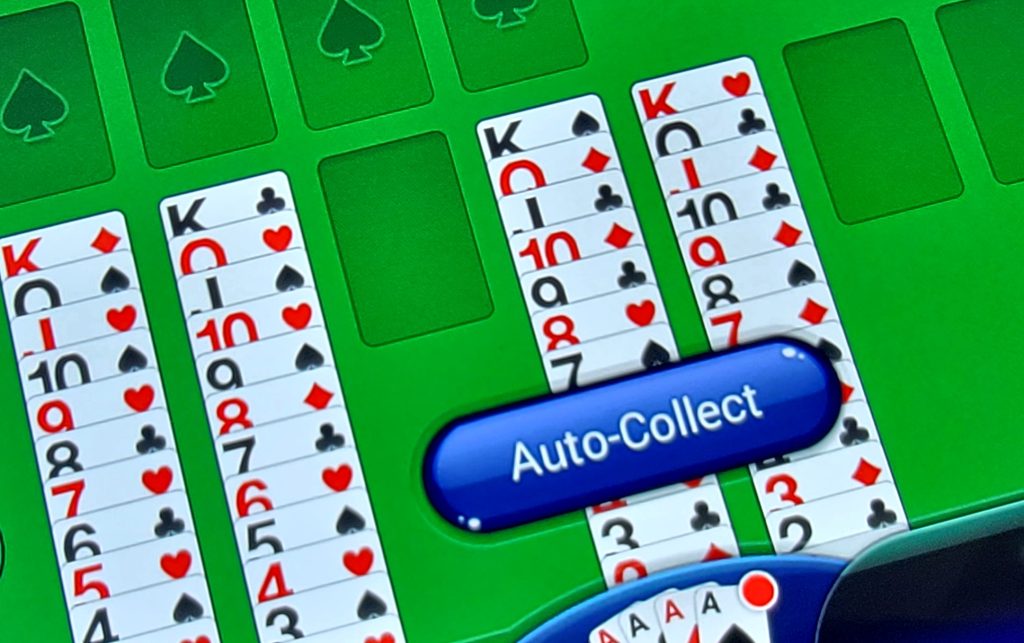
Dad loves candy. At Christmas time each year, instead of visions of sugar plums, I can still see Dad passing around his coveted box of chocolate covered cherries hoping each person takes only one. In the fall he found the candy corn. In February, he brought home Valentine boxes for every one of his gals and then helped us eat the chocolates. There were three of us. Anything in the candy dish disappeared quickly, even the hard butterscotch. Tootsie Rolls were always around. He loved fudge too, and would eat rope licorice along with all the kids in the family. My favorite vision is Dad in his blue jeans, a crisp white t-shirt with his sleeves rolled up, holding an iconic brightly colored box of Dots with the flaps open. He is chewing away while rolling the next old-school gummy around in his other hand. Dad would enjoy any and all of these sweet treats all the time if I kept them around. With his dementia, he would probably enjoy them all in one sitting. Sugar seems to spin up the delusions associated with Lewy Body Dementia, so candy is more occasional now.
Dad’s favorite candy lately is peanut butter cups. We are renovating his home and almost daily visit the local home improvement store where candy is displayed next to the checkout stands. Dad reaches for those peanut butter cups every time. He can’t get enough of them. Not every day, but when we do buy them, Dad nibbles the candy to make it last as long as possible. Which is fine except when the weather is warm. Its a bit more challenging when the chocolate is melting around his fingers. Candy seems to be a family trait inherited by my son and grandchildren. With the children, it starts with the peanut butter cups, then gummy bears, sour worms, and more. They definitely have candy in common with their Gramps.
A few days ago, while I was in a salon appointment, Dad waited patiently in a chair nearby. I gave him a bottle of water, and one of the salon employees gave him a lollipop from the candy dish. After my service was completed, I noticed to my surprise, Dad drank nearly the entire bottle of water. Interestingly, the small amount of water that remained in the bottle was pink. As he removed the lid and took a sip, I saw a white paper stick bobbing inside the water bottle. My first concern was that he might choke. Without over-reacting, I asked Dad if he put his lollipop in his water bottle. With a sheepish smile, he said, “Yes, and it tastes gooood.”

